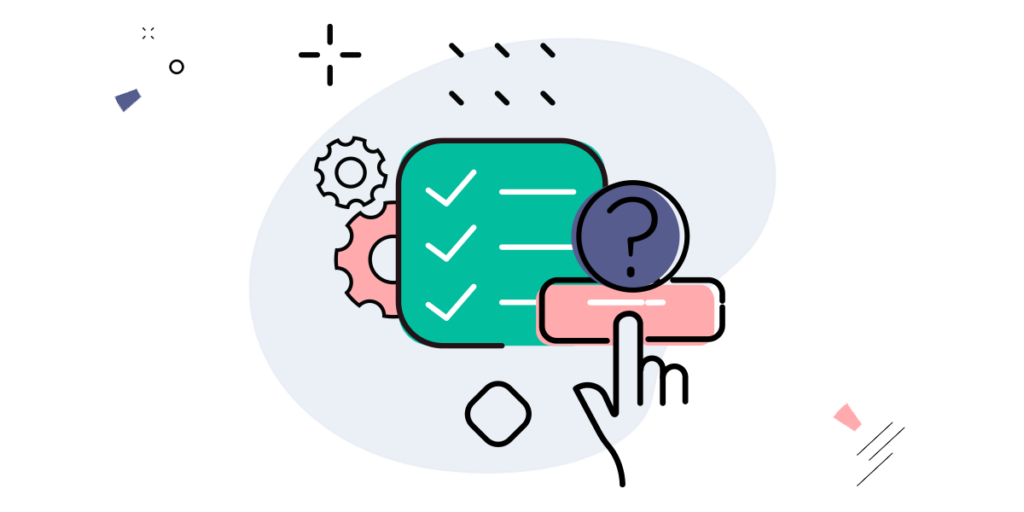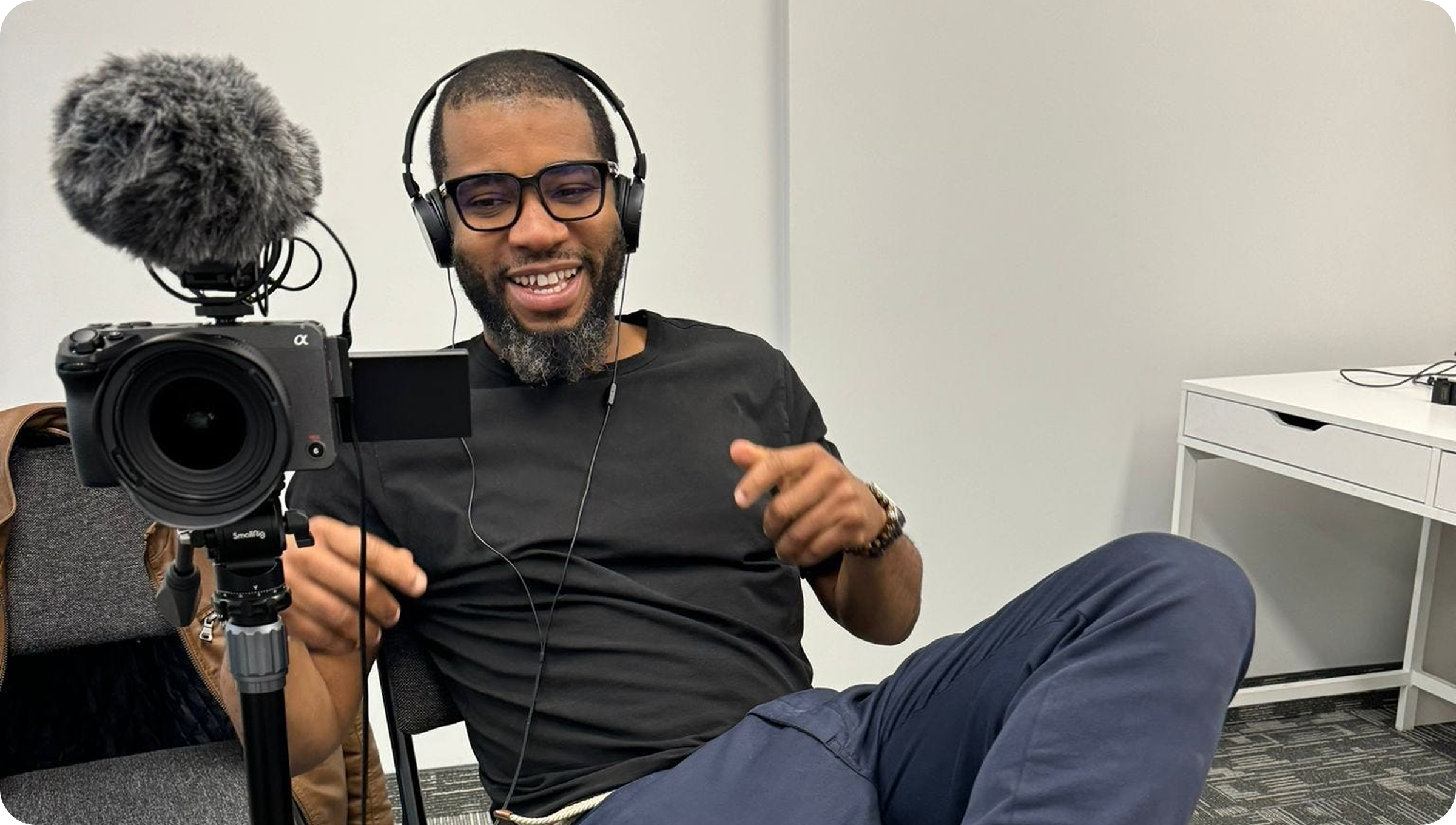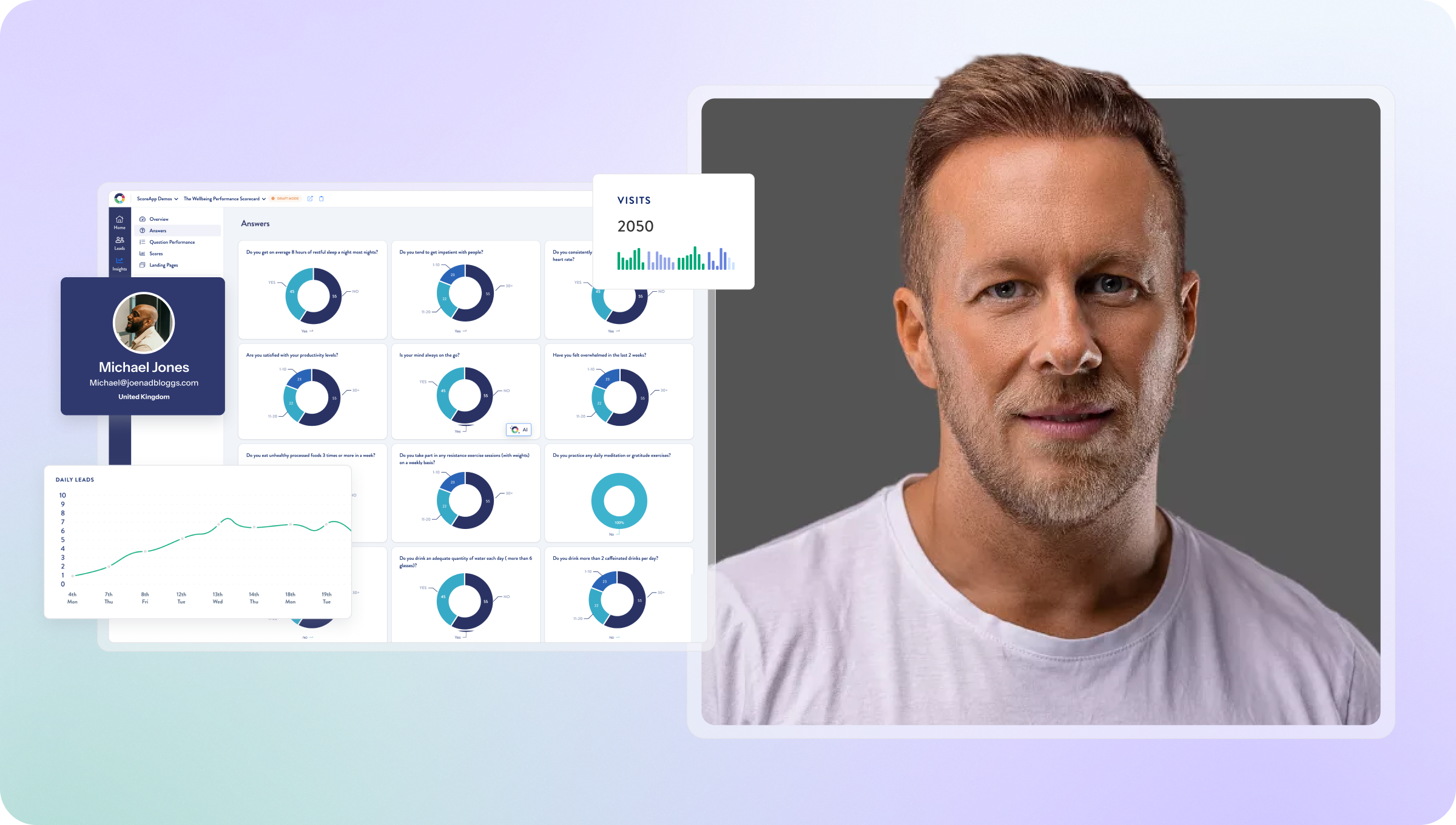How To Use Candidate Assessments To Attract and Hire the Best Talent


When you’re hiring new talent for your business, you obviously want to find the best applicants possible.
People who are smart, experienced, and have the right skill sets for each role—not to mention a good culture fit.
What’s not so obvious is how to find these top-quality candidates and attract them to your company, instead of losing out on them to your competitors.
Well, we have a way!
If you want to step up your recruitment, streamline the tasks involved, and recruit the very best talent, then candidate assessments are exactly what you’ve been looking for.
They’re an essential tool for modern recruitment, as they help pre-qualify candidates, improve selection accuracy, and create a fairer hiring process.
Sounds pretty good, right?
Let’s dive into it all, then.
We’ll take you through everything you need to know about using candidate assessments to attract and hire the best people for the jobs you’re looking to fill—and how ScoreApp makes the whole thing simple and effective.
Why use candidate assessments in recruitment?

Finding the perfect person to fill a job role is a bit like dating, with both parties looking around for their ideal partner, then meeting in person to work each other out, until they eventually decide they’re a good fit, can take the next step, and become exclusive.
And while you aren’t able to swipe through interested admirers like you would on Tinder, there are ways to stack the odds in your favor and attract the very best people who match what you’re looking for in your employees.
Where dating apps have parameters for weeding out unsuitable candidates, you can do something similar by creating assessments that filter out unsuitable applicants.
Here’s how these candidate assessments enhance the recruitment process.
Attract stronger candidates
An engaging assessment gives job seekers a reason to apply, as it positions your company as a forward-thinking employer who won’t just hire anyone.
If your prospects are willing to take the assessment, you’ll also know they’re serious options with a genuine interest in the role.
Even though your assessments won’t be time-consuming or difficult, you’ll still find that some people don’t have the inclination to get involved. And, really, who wants to employ somebody who isn’t interested enough to spend a couple of minutes to set themselves apart anyway?
More efficient hiring
If you’ve been through the whole hiring process before, then you’ll know one of the most frustrating things is digging through all the unqualified people who applied for the role regardless of experience or skill set.
Well, no more!
Because assessments reduce the time spent on sifting through applications by automatically identifying top talent early on and removing poorly matched candidates from the running.
Only the best resumes will land in front of your eyes for you to decide whether to take those applicants through to interview or to the next stage of your process.
Better job-role alignment
As we’ve mentioned, when you send a job ad out into the world, you’ll get all sorts of people applying for the role, no matter how many qualifiers and requirements you put on there.
But when you create an assessment, you can make sure potential candidates are closely matched to the role based on their skills, personality, and competencies.
Applicants will answer your questions and only be filtered through to your inbox if they tick all the boxes you’re looking for.
Improved candidate experience
It’s not just your business that gets something out of the whole application process either. A well-designed assessment adds transparency and value to the hiring journey for the candidates too.
Assessments give applicants a chance to showcase their knowledge and abilities so they stand out early on—and not by jumping through the same boring, difficult, or time-consuming hoops most other companies put them through.
Your assessments are the fun and interactive kind that people will be happy to take. They make for a refreshing change to what has likely been a long and arduous road to finding the perfect job to apply for.
If that’s what your hiring process is like, then they’ll be even more keen to join you and experience what else they’ll get to do in the role.
Types of candidate assessments and their role in hiring

So what are these assessments we’re talking about, then?
If your immediate thoughts are the sorts of tests that require complete silence while filling in dull and uninspiring forms, or answering in-depth essay questions for a couple of hours, then set those thoughts aside.
Here are some of the different types of assessments you can create and how they each serve a purpose in the recruitment funnel.
- Skills assessments – Evaluate a candidate’s technical knowledge and practical abilities related to the job. Fakers won’t make it through, but the good matches will love showing off their know-how.
- Personality assessments – These are a great way to determine an applicant’s cultural fit and leadership potential early in the process.
- Situational judgment tests – Assess how candidates would handle real-world scenarios that are likely to crop up in the actual role. If they show quick thinking and rational decision-making at this point, then they’re already well on their way to being a strong fit for the job.
- Cognitive ability tests – These are similar to the situational tests, but broader in scope to measure general problem-solving skills and critical thinking.
- Behavioral assessments – Understand how your candidates approach work and interact in a team. A good attitude goes a long way, so make sure you don’t overlook this in the hiring process.
How to implement candidate assessments effectively

Fancy a few extra tips to make your assessments a real success? Here are some best practices to follow to get the most from yours…
- Make the assessments role-specific – Tailor your questions so they actually reflect the requirements of the job.
- Ensure fairness and inclusivity – Avoid biased questions. Make sure you’re creating an equal playing field for all candidates.
- Use assessments at the right stage – You can use assessments to pre-screen applicants, as well as part of your final-stage evaluation. Just be sure to ask the right questions in the relevant places.
- Keep it engaging – Candidates should feel the assessment adds value to the application process rather than being a hurdle. Don’t bore or overwhelm them!
How ScoreApp makes recruitment assessments easy

Creating your own candidate assessments might seem like a ton of work at first, requiring time and effort you just don’t have. But this is where ScoreApp comes into play to simplify everything for you!
When you sign up you’ll get immediate access to all the recruitment assessment tools for getting yours up and running in no time, including:
- Customizable templates – Build tailored assessments in minutes with dozens of pre-built options that are ready and raring to go.
- Automated scoring and reporting – Instantly analyze incoming assessment results and rank new candidates.
- Seamless integrations – Sync the assessments with your applicant tracking systems (ATSs) and email marketing platforms.
- Data-driven insights – Identify the top-performing candidates with clear, actionable analytics so you can follow up and find the best people for the jobs.
Attract and hire the best talent with ScoreApp
Candidate assessments are an essential tool for hiring success.
With them, you can attract high-quality applicants, streamline the entire recruitment process, and ultimately make more informed hiring decisions.
Without them, you’ll keep on experiencing the same tired, old frustrations.
So, ready to find and employ the most talented candidates for your business? Try ScoreApp for free and start using candidate assessments to build a stronger, more qualified talent pool today.



